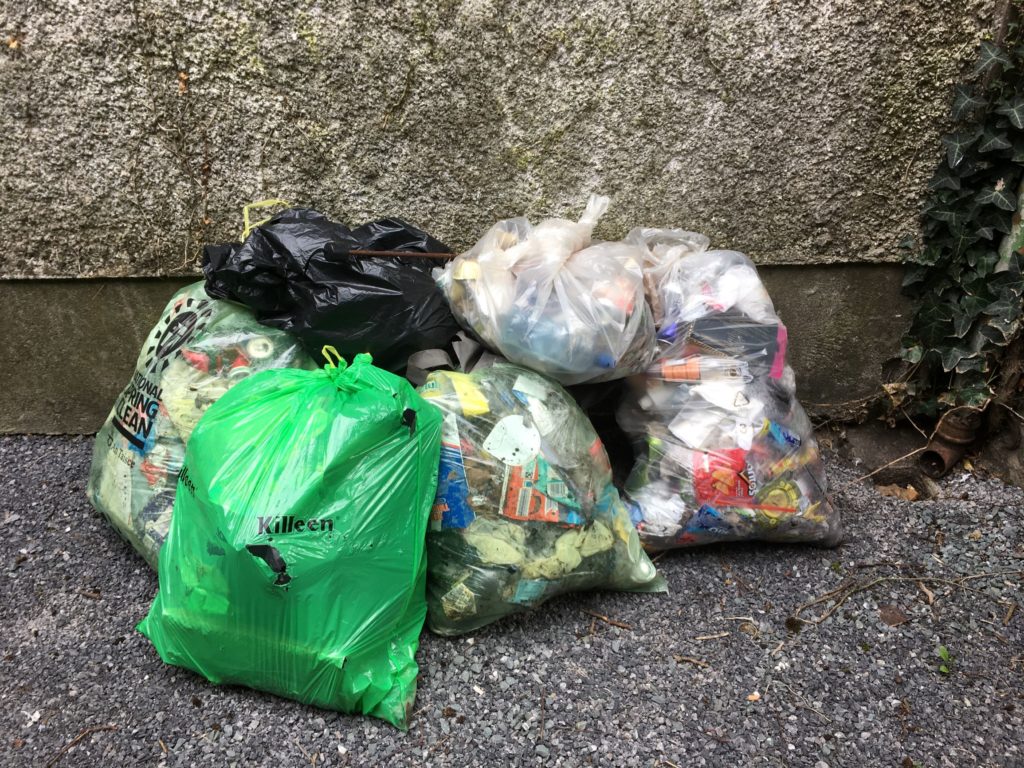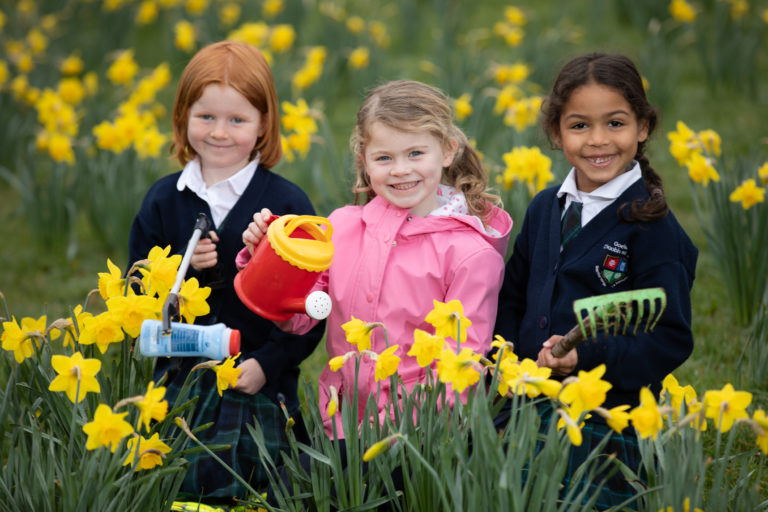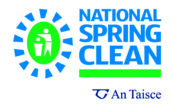LITTER IS ALWAYS CAUSED BY PEOPLE
It is waste in the wrong place which ruins the appearance of our cities, towns, villages and countryside. Litter has many forms and many sources, from a sweet wrapper or cigarette butt thrown on the street to a dumped bag of rubbish, a fly-tipped load of demolition rubble or a dog fouled public park. Local Authorities spend tens of millions of euros every year on cleaning the streets in Ireland and trying to prevent people from dumping their waste illegally – an enormous amount of money that could be spent on better things! Estimates indicate that collecting litter is nearly ten times more expensive per tonne than collecting domestic waste.

LITTER & CLIMATE CHANGE
It is common knowledge that there is accelerated warming of the earth due to rising concentrations of heat-trapping greenhouse gases in the atmosphere which are caused by human activities. Most products we buy and use cause greenhouse gas emissions in some way, e.g. during production and distribution. They also contribute towards exhausting our natural resources. Packaging takes energy to produce, therefore by cutting down on packaging production, and also through recycling, we can reduce the amount of energy used and limit the release of further greenhouse gases in to the atmosphere.
Your contribution during the National Spring Clean, however big or small, will have real and measurable benefits for our environment. For example:
- For every aluminium can collected and recycled enough energy is saved to run your television for three hours!
- For 1kg of recycled plastics collected, 1.5kg of carbon dioxide is prevented from being released to the atmosphere (the same amount of carbon dioxide released by toasting 30 slices of bread!
- By recycling 1kg of paper instead of landfilling, enough energy is saved to run an energy-saving bulb non-stop for two days! For 1kg of recycled glass, the saving is 300g of carbon dioxide
Further benefits to our environment from reduced waste and litter include a reduction of pollutants in our natural ecosystems, and improved visual amenity in our landscapes.
In future you might consider:
- Choosing products with minimal or no packaging
- Re-using plastic bags
- Buying re-fills where possible

HAPPY ENVIRONMENTAL NEWS
- Kinvara goes Banksy in effort to highlight plastic pollution
- Waterford Greenway adds bottle refill stations to reduce plastic waste
- Volunteers in kayaks to clean up Liffey
- Staggering 27 tonnes of rubbish picked up from Irish beaches in just nine days
- 633 divers collect over 1,500 pounds of trash at a Florida beach — and set a world record
- Kilkenny council vows to continue ‘zero tolerance’ war on litter louts
